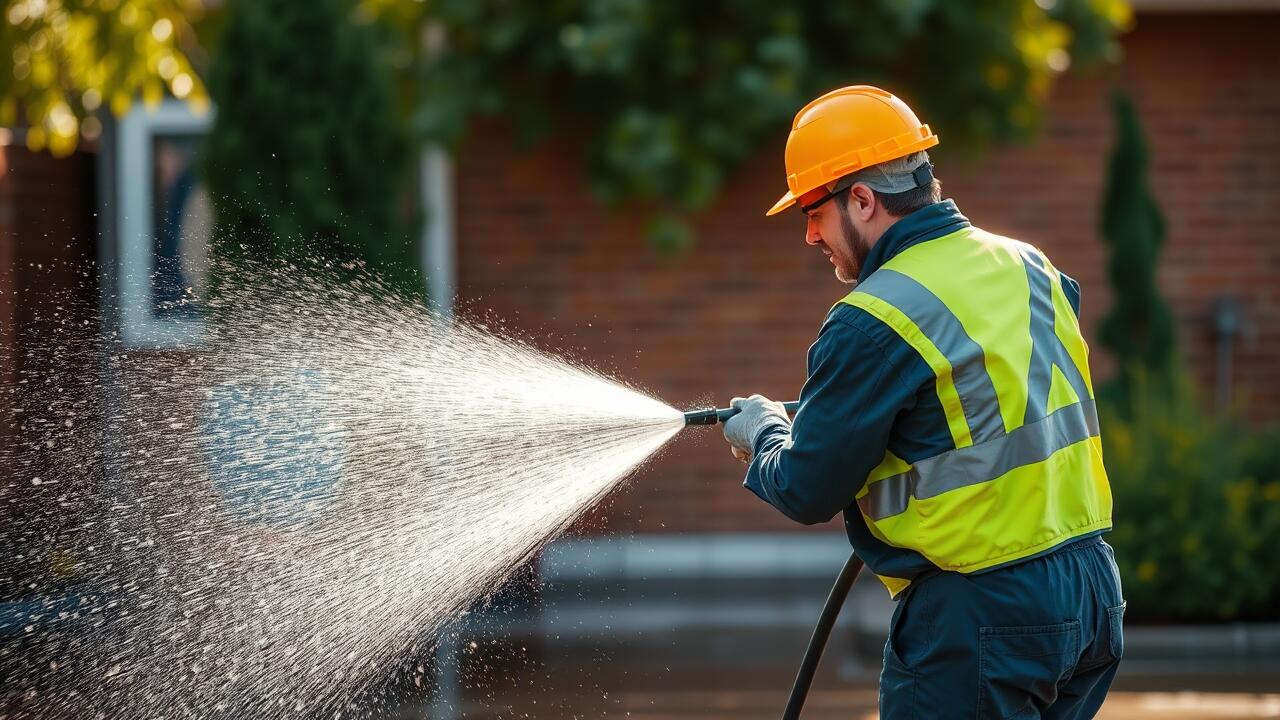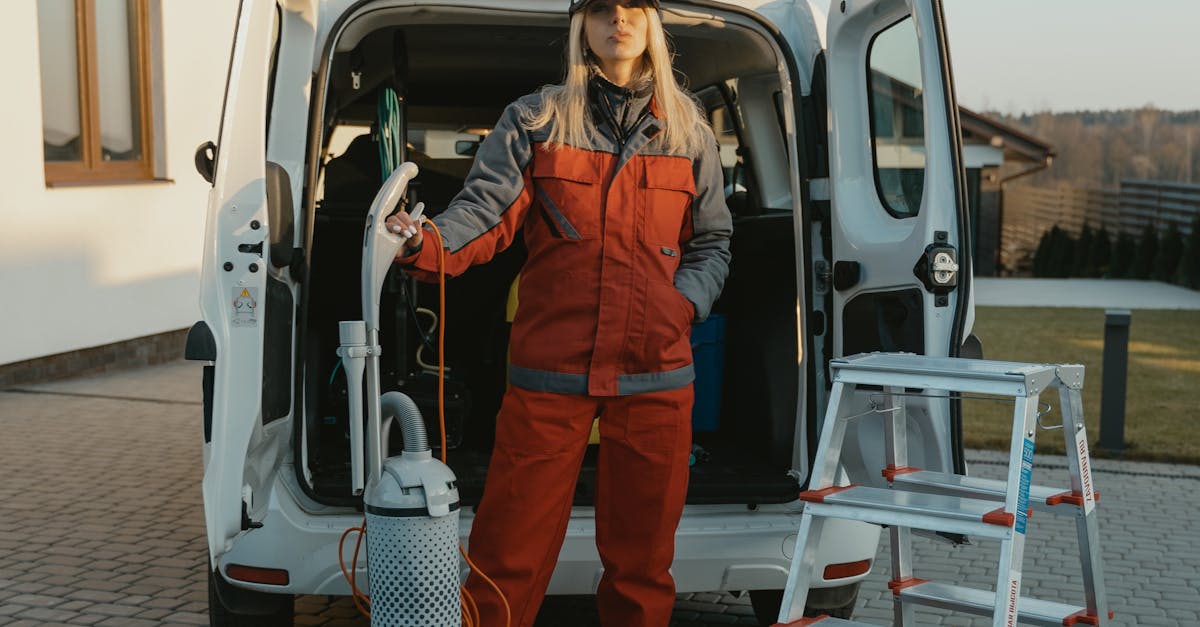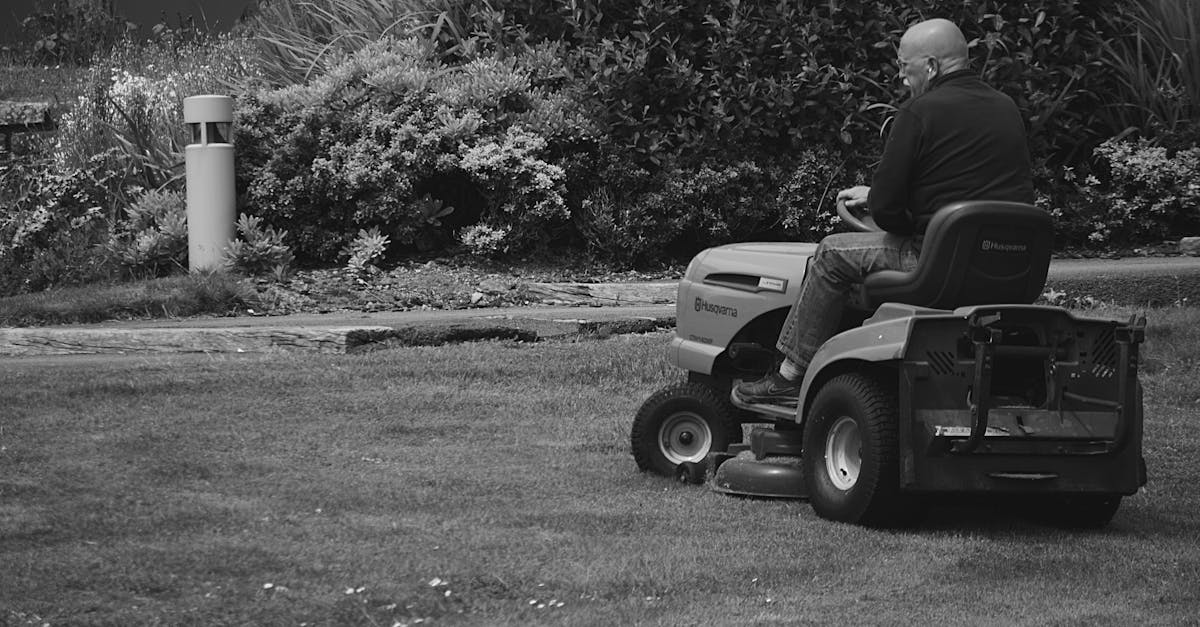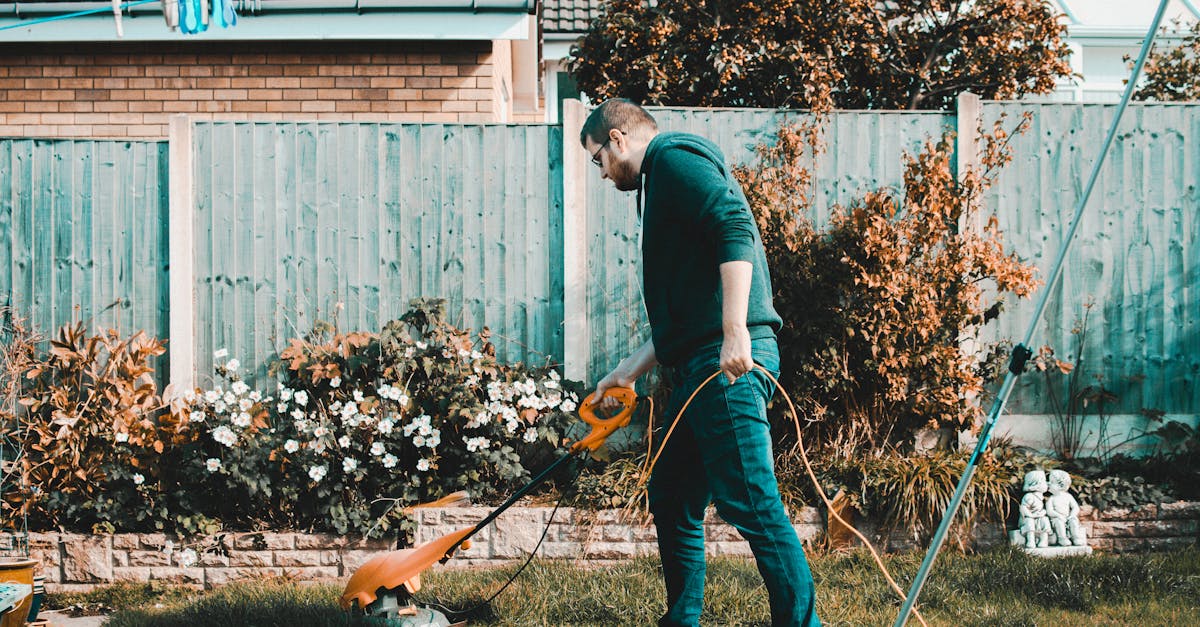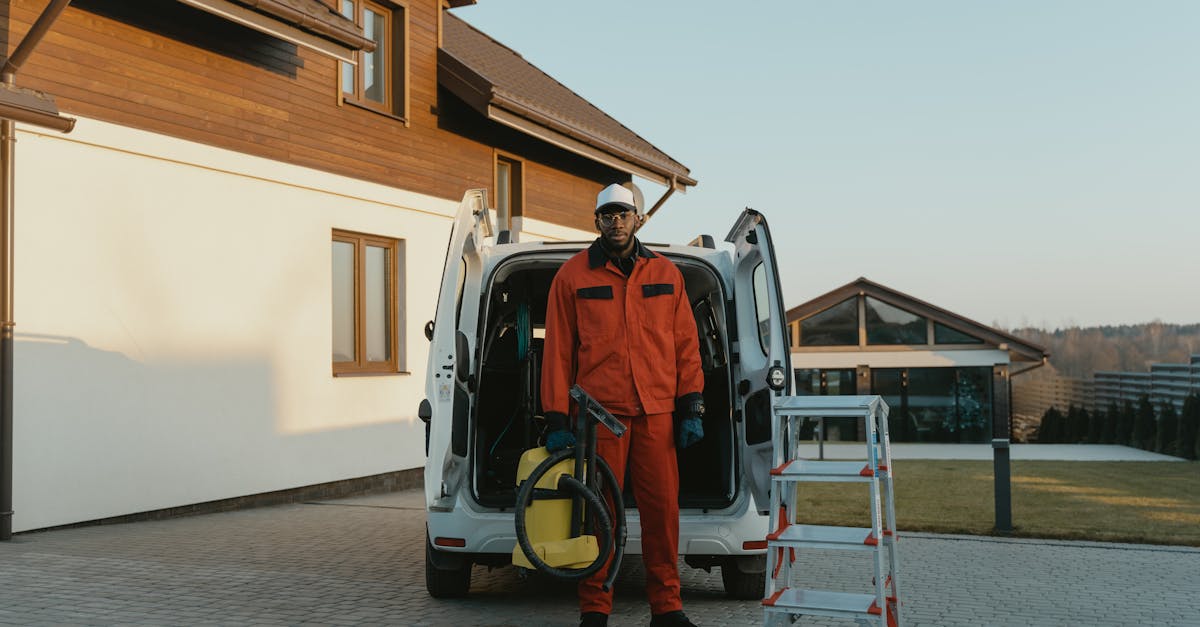
PSI vs. GPM
Understanding PSI, or pounds per square inch, is essential when selecting a pressure washer. This measurement refers to the amount of force exerted by the water as it is released from the nozzle. Higher PSI ratings indicate more powerful cleaning capabilities, which can efficiently remove dirt, grime, and stains from various surfaces. However, this power can also lead to damage if not used appropriately, especially on delicate materials.
GPM, or gallons per minute, complements PSI by indicating the flow rate of water. While PSI measures pressure, GPM reflects how much water is being expelled, impacting cleaning effectiveness. A well-balanced combination of high PSI and GPM ensures that you can complete pressure washing tasks swiftly without sacrificing performance. For those searching online for services like “Pressure Washing near me,” understanding these metrics can help in selecting a pressure washer that meets specific cleaning needs.
How Gallons Per Minute Complement PSI
GPM, or gallons per minute, plays a crucial role in enhancing the effectiveness of PSI, or pounds per square inch. While PSI measures the force of the water being expelled from the nozzle, GPM indicates how much water flows through that nozzle. A high GPM ensures that the surface being cleaned is saturated quickly, allowing the detergent or cleaning solution to penetrate and lift dirt more effectively. Without sufficient water flow, even the most powerful PSI can struggle to clean thoroughly.
When searching for services like “Pressure Washing near me,” understanding the balance between GPM and PSI is essential. A machine with both high GPM and high PSI can tackle demanding cleaning tasks more efficiently. In comparison, a unit with low GPM may leave surfaces damp and not adequately cleaned, despite high-pressure levels. Selecting a pressure washer that combines these two factors can lead to better cleaning results and a more satisfying experience.
The Impact of Nozzle Types on PSI
Nozzle types play a crucial role in determining how effectively a pressure washer can deliver its output. Different nozzles create varying spray patterns and adjust the pressure delivered to surfaces. For instance, a zero-degree nozzle concentrates the pressure into a narrow stream, making it ideal for tough stains but potentially damaging delicate surfaces. Conversely, a wider spray pattern from a 25-degree nozzle reduces pressure, making it suitable for cleaning more fragile materials like wood or painted surfaces.
When searching for “Pressure Washing near me,” understanding nozzle types can help you select the best service for your needs. Professionals often use specialized nozzles to tailor their approach, ensuring they achieve an optimal clean without inflicting damage. Using the right nozzle enhances the effectiveness of the pressure washer while also providing more control over the cleaning process.
Selecting the Right Nozzle for Optimal Pressure
Choosing the right nozzle is crucial for achieving optimal pressure and ensuring the effectiveness of your pressure washer. Various nozzles have different spray patterns and pressure outputs, which can dramatically change the results of your cleaning efforts. A narrower spray, such as a 0-degree nozzle, focuses the pressure into a small area, making it suitable for removing stubborn stains but may risk damaging more delicate surfaces if used carelessly. Conversely, a wider spray pattern, like a 40-degree nozzle, provides a gentler cleaning option for surfaces like decks and vehicles.
When searching for professional help online, terms like “Pressure Washing near me” can lead you to local services that understand the importance of nozzle selection for various jobs. These experts can guide you in choosing the correct nozzle for your specific cleaning tasks, ensuring the right balance of power and safety. Their experience can help prevent common pitfalls, allowing you to achieve the desired results without damage to your surfaces.
Safety Considerations When Using High PSI
High-pressure cleaning can pose several safety risks if not approached with caution. When using a pressure washer, always wear appropriate safety gear such as goggles, gloves, and sturdy footwear. The force of the water can cause serious injuries, especially if the nozzle is pointed at bare skin or at fragile surfaces. Even dirt and debris can become projectiles at high PSI, making it essential to clear the area of bystanders and pets.
Proper handling of the equipment is crucial to avoid accidents. Familiarize yourself with the pressure washer’s controls before operation. If searching for professional assistance, phrases like “Pressure Washing near me” can lead you to skilled services that follow safety guidelines. Adhering to recommended practices not only protects you but also ensures that the surfaces being cleaned remain undamaged and in good condition.
Protecting Yourself and Surfaces
When using a pressure washer, prioritizing safety is crucial to prevent injuries and damage. Always wear protective gear such as goggles, gloves, and sturdy footwear. This equipment safeguards against debris, water spray, and potential hazards during cleaning tasks. Additionally, ensure the work area is clear of obstacles that could cause trips or slips. Familiarize yourself with the pressure washer’s operation to avoid accidental misuse.
Different surfaces require varying pressure levels for effective cleaning without causing harm. For instance, wooden decks or painted finishes may be damaged by high PSI settings. Adjust the pressure accordingly based on the material you are working on. If you’re unsure, consider searching for “Pressure Washing near me” to find professionals who can assess the situation and provide appropriate services. Taking these precautions helps maintain both your safety and the integrity of the surfaces being cleaned.
FAQS
What does PSI stand for in relation to pressure washers?
PSI stands for Pounds per Square Inch, which is a measurement of pressure that indicates the force of the water coming out of the pressure washer.
How many PSI is generally considered good for a home pressure washer?
A pressure washer with a PSI rating between 1300 and 3000 is generally considered good for home use, depending on the cleaning task.
Does a higher PSI always mean better cleaning power?
Not necessarily. While a higher PSI can clean tougher stains, it’s important to consider GPM (Gallons Per Minute) and the type of surface being cleaned to avoid damage.
What role does GPM play in conjunction with PSI?
GPM (Gallons Per Minute) measures the water flow rate. A higher GPM indicates more water is being delivered, which helps to wash away dirt and grime more effectively when combined with PSI.
Are there safety concerns with using high PSI pressure washers?
Yes, using high PSI pressure washers can pose safety risks, including injury from high-pressure water jets and potential damage to surfaces if the pressure is too high for the material being cleaned. Always follow safety guidelines and use appropriate nozzles.
